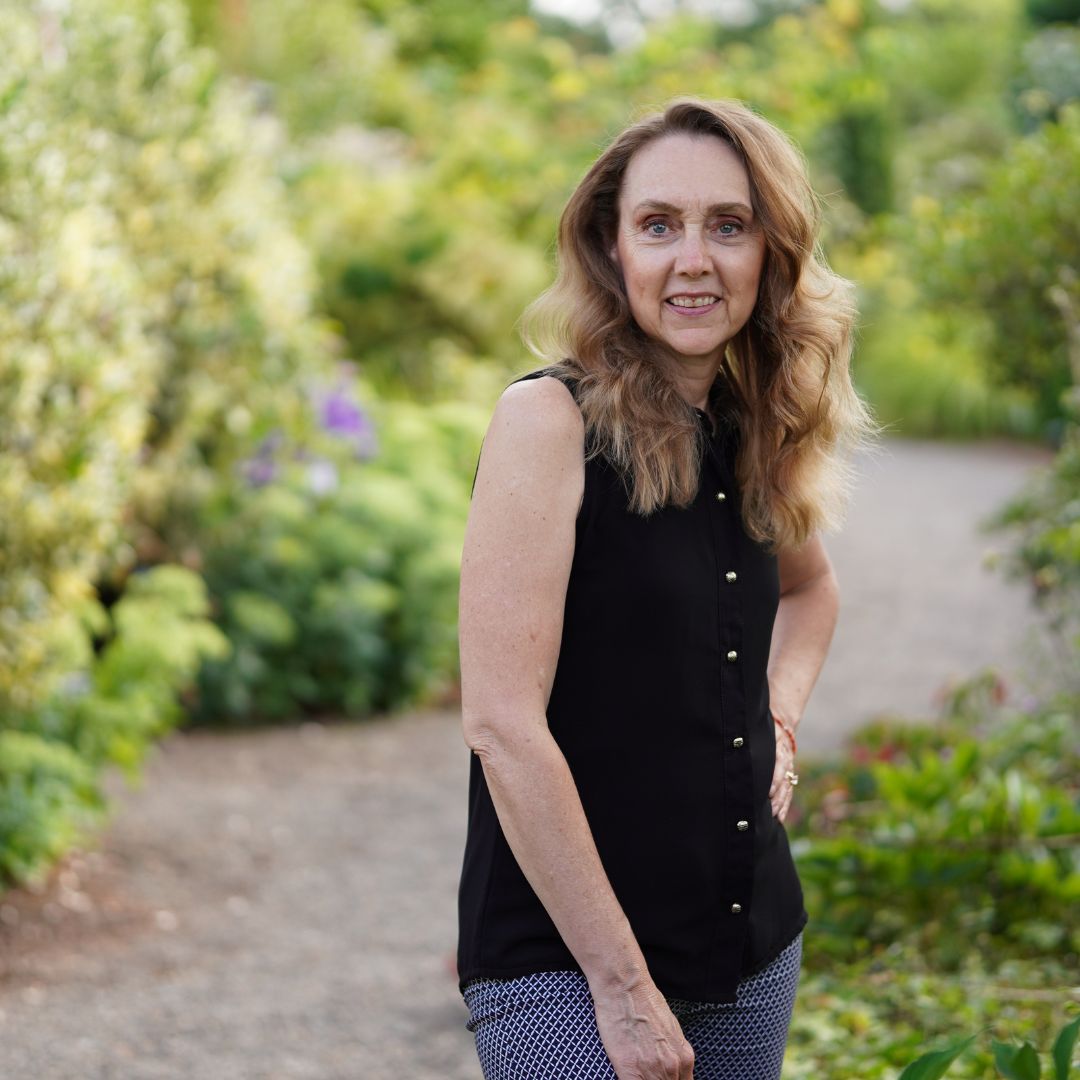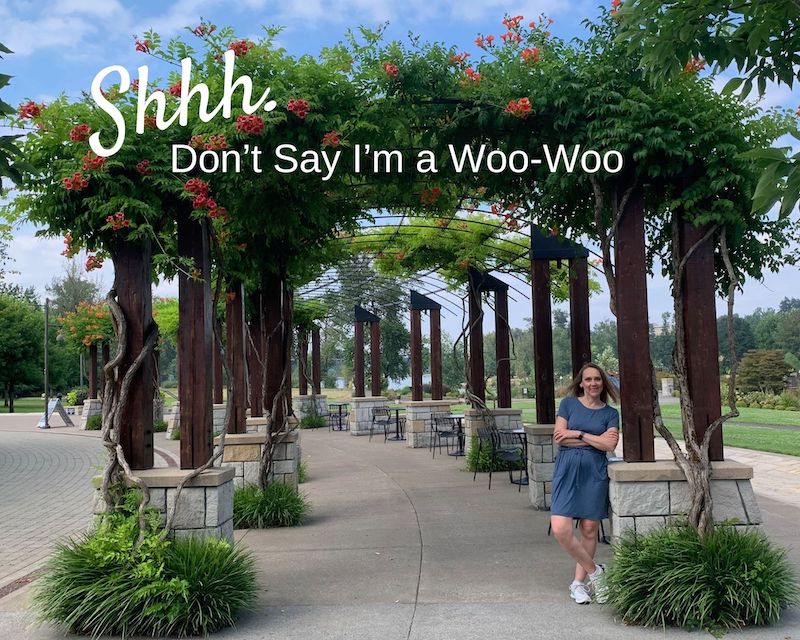I think Western medicine is great in emergency situations.
But when it comes to caring for our bodies throughout our lives, I think it’s missing a lot.
I figured that out quickly when I started researching after my father died of a heart attack at the age of fifty-four.
I’ve been reminded of that recently when I was talking with a loved one about their cancer treatments. When I asked: “How have they used nutrition as a part of your program?”, I was met with a blank stare.
Nutrition … in cancer treatments?
Holistic Health – why it’s time to step back into guiding our lives
Holistic health is a term used a lot. I think it means different things to different people, so I went and looked up what common definitions are used:
The treatment of the whole person, taking into account mental and social factors, rather than just the symptoms of a disease. ?
Concerned with the whole or complete systems rather than with the analysis or treatment of the parts. To treat both mind and body within the environment as a single system. ?
Look at the whole person, not just the physical symptoms. ?
Studied as a whole, not just a sum of the parts. ?
See a trend? Me too. Holistic health is the sum of everything. It’s your approach to life. It’s all about your lifestyle, and how you do everything.
That changes things. It means you have to look deeper, uncover the root cause, rather than trying to mask the symptom itself. Because:
- If you’re stressed, it impacts your body.
- If you eat bad food, it impacts your body.
- If you exercise, it impacts your body.
- If you love life, it impacts your body.
- If you hate everything, it impacts your body.
I could go on, but you get it.
I recently listened to a podcast on health in which the host described a baby as a perfect little being, entering the world with everything needed for a healthy life. We come preprogrammed, prewired, with everything in place to survive and thrive.
Very quickly, Western Society starts chipping away at it.
- If a baby lives in a world with chemical overload, it will impact health.
- If a toddler eats fast-food, candy, and soda, it will impact health.
- If a teenager faces stress trying to get straight A’s to make it into the best university, it will impact health.
- If you have a job you hate, it will impact health.
- If a married couple fights nonstop, it will impact health.
- If you take medicine to cover up a symptom, it will impact health.
Because you’re fixing a portion, and not addressing the whole. One piece of your life is out of whack, and it impacts every other aspect of your life.
Imagine a flat tire. Can you still go? Yep. But you won’t get there in the same way you left. You’ll damage the wheel. You’ll ruin the tire. And a lot of other parts will be impacted in the process.
Sounds easy enough to understand. But when it comes to healthcare, we make it a lot more complicated than it has to be.
It took me a long time to piece all of that together. Now it makes perfect sense to me. But we’re still fighting it as a nation, as a world.
What people regret the most
As a writer, I’m fascinated with the human psyche. I watched a documentary on food recently, and shook my head as a middle-aged man talked about his obsession with greasy fried food. “I love this stuff. Who cares if I die a little sooner? At least I went out a happy man. I’ll never give it up.”
But here’s the thing: his chances of dying sooner may be accurate, but what he’s really setting himself up for is many more years in the healthcare system, navigating life on meds and in pain because he didn’t care when he was younger.
It’s a fact we’re living longer because of Western meds. We have drugs to mask and cover up the symptoms, to give a slight resemblance to the lives we once had. But you have to follow protocol, you’re unwell, and can’t live the life you’ve always wanted.
That disappears much sooner.
And it’s one of the biggest regrets people have when they get old. In a recent article on advice older people would give to their younger selves, one person stated:
Pay attention to your health and change your lifestyle if it’s making you unwell, otherwise the incredible burden of chronic disease will make your life miserable.
When is it too late?
Never. Disease is reversible. That’s the good news.
Of course, if you’re on death’s doorstep, it may be extremely difficult to navigate away from it. But even with chronic symptoms, you can make drastic changes, and improve your life once and for all.
The first step is critical thinking. I think this is the one thing missing from our society today. We no longer teach those skills in school; we memorize for test-taking instead.
We don’t ask questions and ponder the answers provided before making up our own minds. We blindly follow along, doing things “just because.”
That’s a very dangerous path to take.
I believe it’s time to ask questions like:
How will this impact my health today, tomorrow, next year, next decade? If a health professional can’t give you an answer that makes sense, it might be time to do a little more research before you accept that protocol.
How is this chemical or procedure processed in the body? If it’s poisonous before it goes in, what does it do once it’s in my body?
What are the alternatives? If you’re speaking with a “so-called expert” and they don’t have any suggestions, or try to sway you away from other paths, it might be your first clue you should start exploring other alternatives.
Where can I go for other information? I love when health professionals talk you out of doing online research. “You’ll be frightened by what you find.” Yes, there can be a lot of misleading information. But your gut will guide you to the right path for your wellness.
I have one simple rule …
Where does modern Western medicine come from? What we know and accept today all started around the turn of the century with the advancements of John D Rockefeller. As a shrewd businessman, he looked for opportunity everywhere. His company Standard Oil controlled almost all of the oil refineries in the US, and was excited about all the ways oil and petroleum could be used in new products. He quickly realized he could not only control the oil industry, but make waves in the chemical and medical industries too.
Trouble is, you can only patent drugs and synthetic vitamins, not natural or holistic-based remedies and cures. He moved his way into the medical industry by creating a group called the General Education Board to oversee how medical institutions are run. That’s what’s created our obsession with pharmaceuticals today, rather than using more natural, and yes, holistic means to treat what ails us.
When I moved down this path, and started reading all about creating a healthier lifestyle shortly after my father died, I couldn’t consume information fast enough.
Information is out there, but you’re going to have to dig to find it. And sometimes it’s going to go against what you learn from your doctor. I’m not a doctor, nor do I offer any medical advice in what I write here. But what I can tell you is to move back towards critical thinking. Now that you’re here in midlife, your life may very well depend on it.
I’m at the point where I question everything. I have a routine that works for me, and I’ve created my own plan for aging and becoming a healthy one-hundred-year-old person, who is in as great of health as I am today.
I won’t say yes to anything a doctor says without investigating it myself first.
- Is this the best advice there is?
- Does this advice make sense?
- Who makes money if I take this approach?
- What’s the impact on my health now and in the future?
- Will this make me healthier in my quest for excellent health on my one-hundredth birthday?
This is the current approach I’m taking with my own health.
And I wanted to share it with you.


+ show Comments
- Hide Comments
add a comment